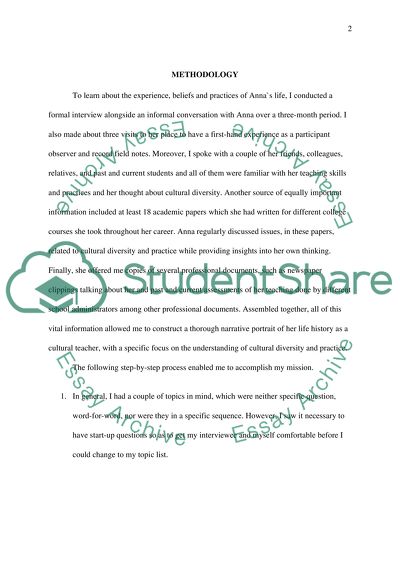Cite this document
(“Life History Project Essay Example | Topics and Well Written Essays - 4750 words”, n.d.)
Life History Project Essay Example | Topics and Well Written Essays - 4750 words. Retrieved from https://studentshare.org/sociology/1670863-life-history-project
Life History Project Essay Example | Topics and Well Written Essays - 4750 words. Retrieved from https://studentshare.org/sociology/1670863-life-history-project
(Life History Project Essay Example | Topics and Well Written Essays - 4750 Words)
Life History Project Essay Example | Topics and Well Written Essays - 4750 Words. https://studentshare.org/sociology/1670863-life-history-project.
Life History Project Essay Example | Topics and Well Written Essays - 4750 Words. https://studentshare.org/sociology/1670863-life-history-project.
“Life History Project Essay Example | Topics and Well Written Essays - 4750 Words”, n.d. https://studentshare.org/sociology/1670863-life-history-project.


